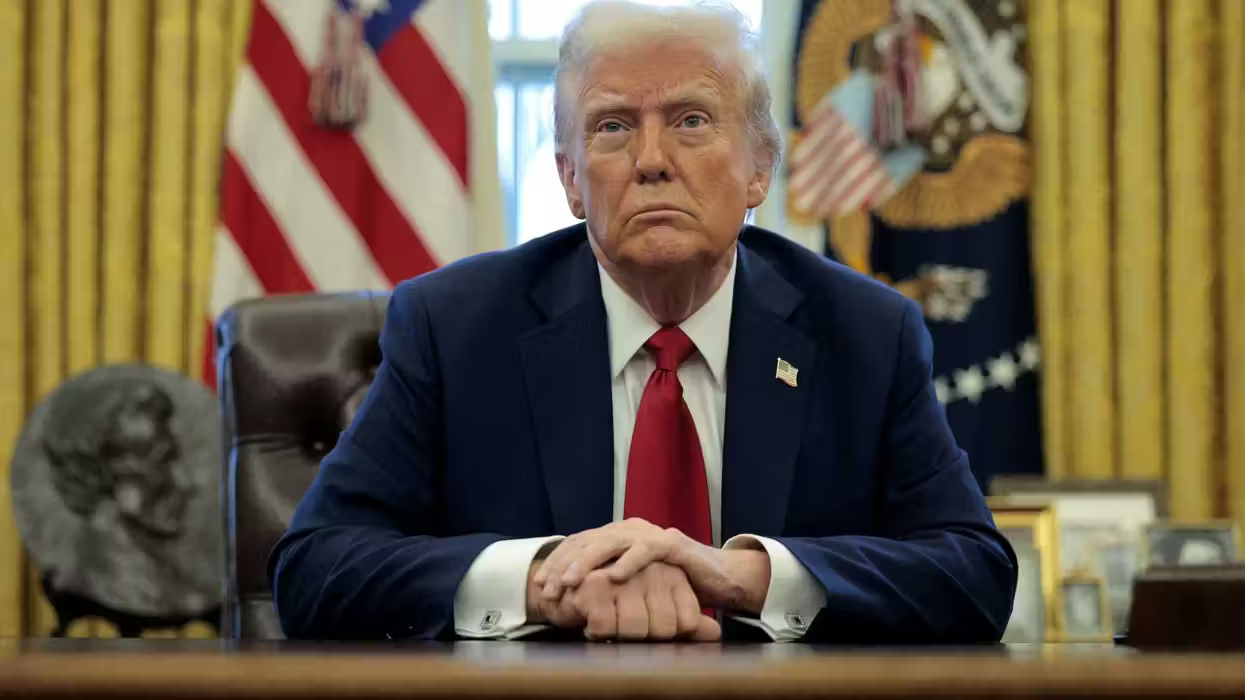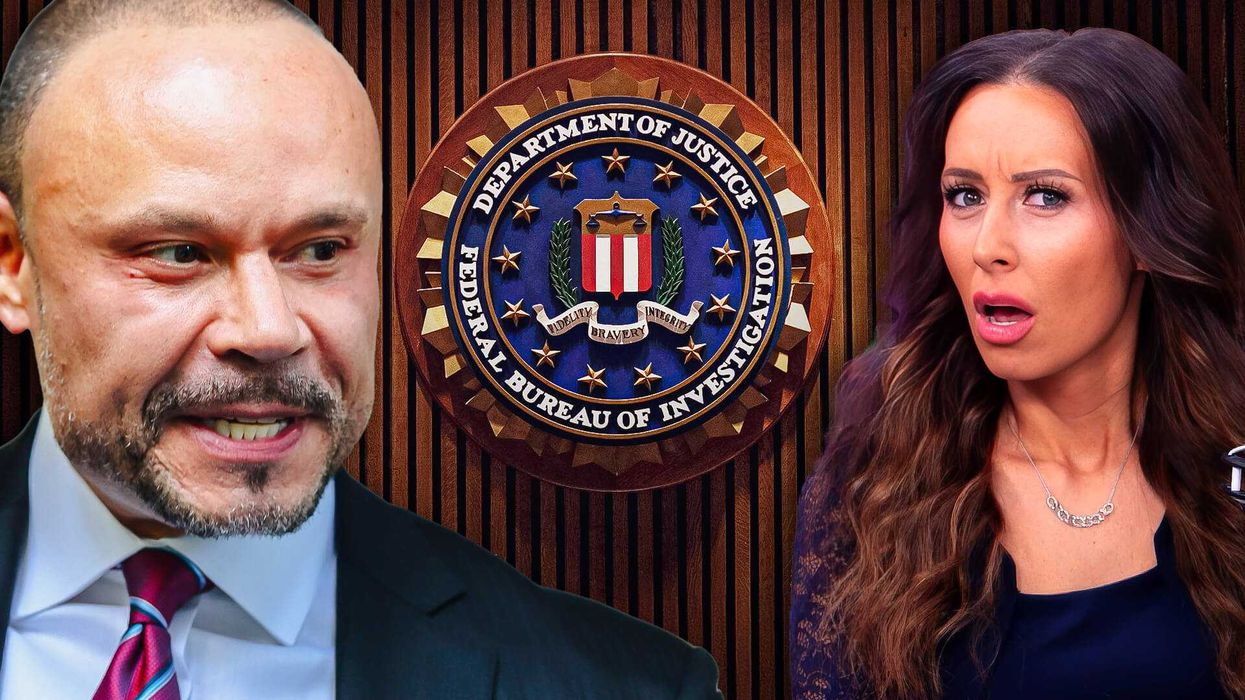Despite Russian support, the latest attempt to broker a temporary humanitarian ceasefire in Syria has quickly begun to fall apart. The Russian-backed truce was supposed to take effect on February 27, but quickly dissolved into more bombings.
This attempted ceasefire, which would have lasted from 9 a.m. to 2 p.m. every day, was meant to provide aid to citizens trapped in the rebel-held Damascus suburb of Ghouta, and to allow them to evacuate. The area has been heavily targeted by forces loyal to Syrian President Bashar al-Assad. Ghouta is the last territory bordering Damascus to still be held by the rebels.
The Syrian military and rebel leaders have each blamed the other side for violating the truce.
A separate United Nations 30-day ceasefire has not taken effect yet. Although the U.N. ceasefire resolution eventually passed on Saturday, Russia blocked the proposal for days, frustrating U.S. Ambassador to the U.N. Nikki Haley.
Mark Andrew Lowcock, Under-Secretary-General for Humanitarian Affairs for the United Nations, addressed the U.N. Security Council on February 28: “So, if there has been no humanitarian access since the resolution on Saturday, what has happened in the last few days? More bombing, more fighting, more death, more destruction, more maiming of women and children, more hunger, more misery, more in other words of the same.”
The Syrian government has claimed that its attacks have only been targeting al Nusra terrorists, which it is still allowed to do as a stipulation of the ceasefire.
Also addressing the Security Council, Under-Secretary-General for Political Affairs Jeffrey Feltman hit back against that claim. “The scale of the government's indiscriminate military attacks against Eastern Ghouta, an area with a civilian population of 400,000, cannot be justified on the basis of targeting Jabhat al Nusra fighters,” Feltman argued. “Efforts to combat terrorism do not supersede obligations under international humanitarian and human rights law.”
Feltman also brought up reports that the Assad regime may be using chemical weapons including chlorine gas on Ghouta. It would not be the first time the region has been the target of such an attack. In 2013, a sarin gas attack on Ghouta reportedly killed 1,400.
According to Reuters, Russian Foreign Minister Sergei Lavrov called any allegations that Syria was still using chemical weapons “absurd.”







